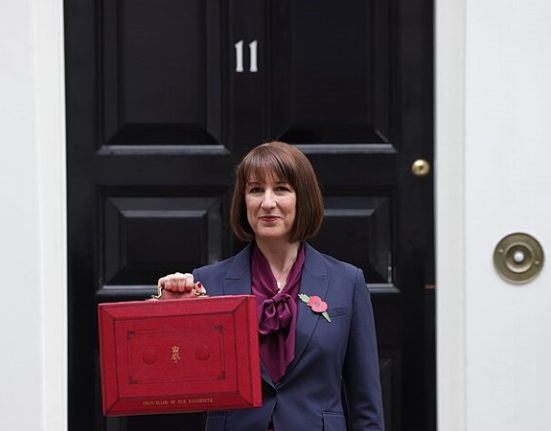Earlier this year, schools serving US military children suspended library access for a week to review content about gender and equality ideologies.
Trump’s presidency has injected a new energy into the book-banning movement – a jaded throwback to dark days past. It is easy for us to think that such censorship is not possible in the UK. But what happens in the US often tends to spread to the UK.
Surveys of librarians
In 2024, the Index on Censorship surveyed 53 school librarians, over half of whom had been asked to remove books.
In another survey conducted by the Chartered Institute of Library & Information Professionals, more than 80% of librarians expressed concern about the increasing number of challenges to intellectual freedom, such as requests to remove books that address specific identities.
It was noted that planned events were disrupted due to block-booking of tickets with inappropriate names, making it difficult for genuine customers to register.
Librarians emphasise the importance of being trusted to perform their duties and highlight the impact of social media on children regarding issues like eating disorders and misogyny. They caution that banning books may lead young people to seek information online, potentially encountering harmful content.
The views of parents
Most requests to remove books come from parents. Some attribute this to heightened political activity and increased awareness of the syllabus content following the pandemic.
The fear of difference often leads to requests to remove books. Celebrity-funded campaigns can undermine the rights of certain groups. Democracy is valuable but can be threatened by technology. Traditional pedagogy – rather than so-called “progressive” student-led methods of teaching – remains important for fostering critical thinking and rational argument.
How things should be
Say your piece. Listen to others say theirs. Agree to disagree if necessary. May the best ideas win. That’s how things should be. Banning books is the reverse of that.







